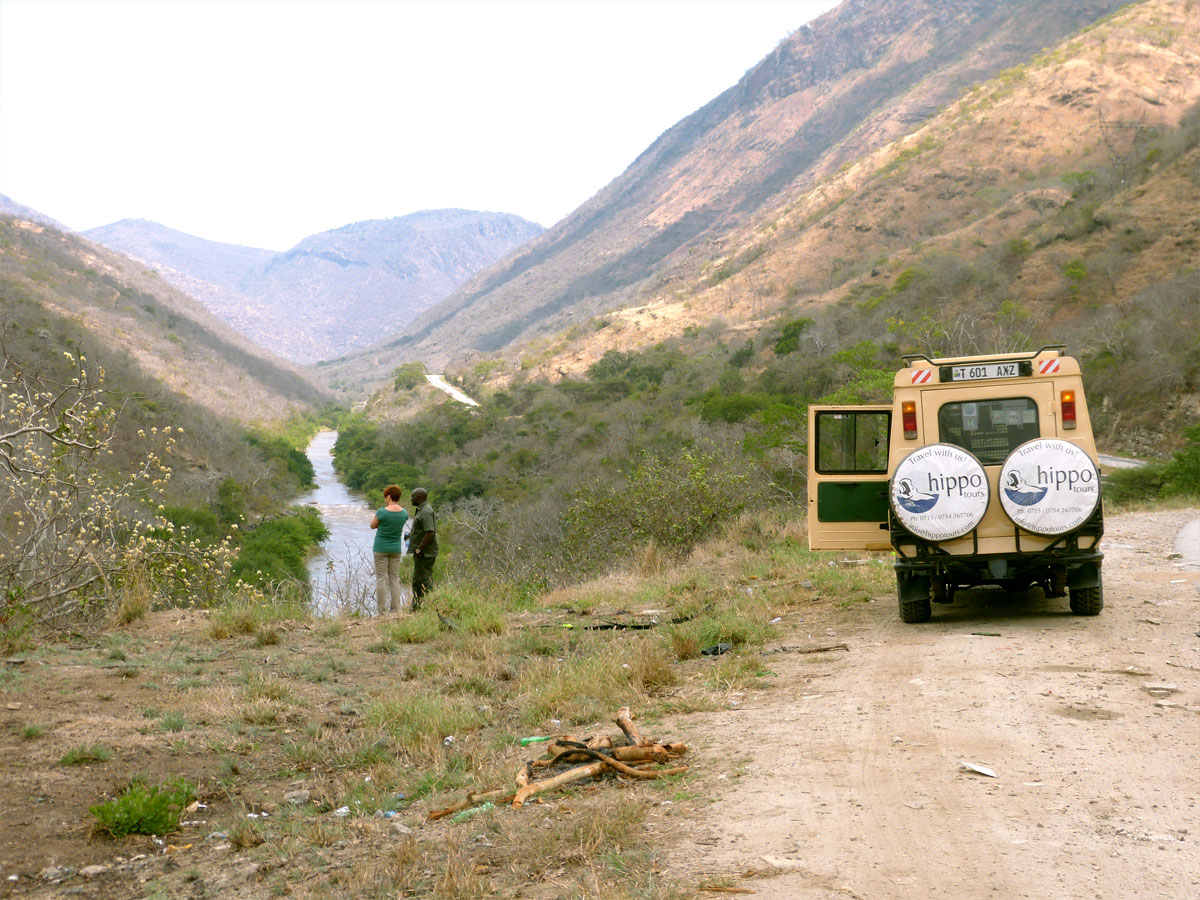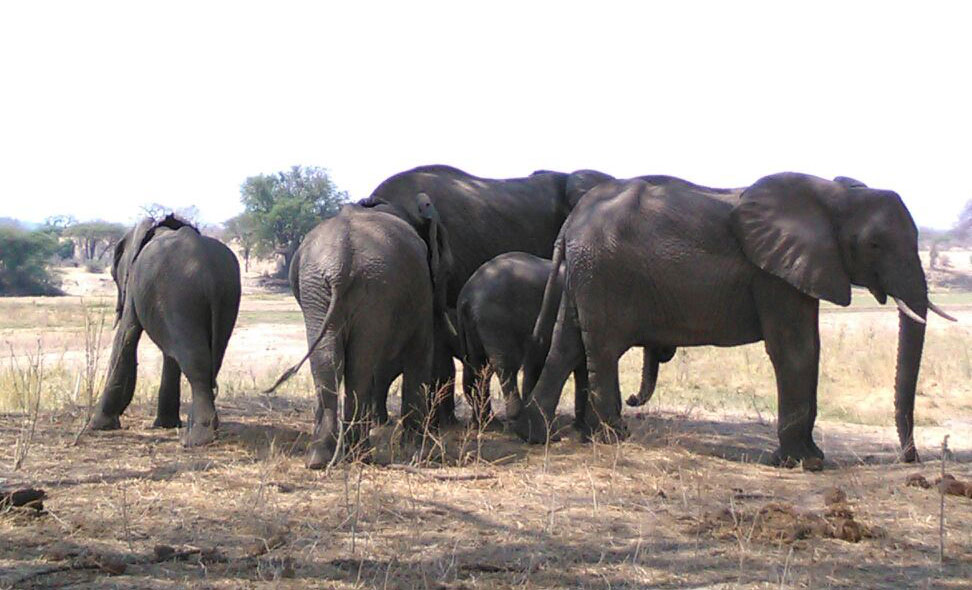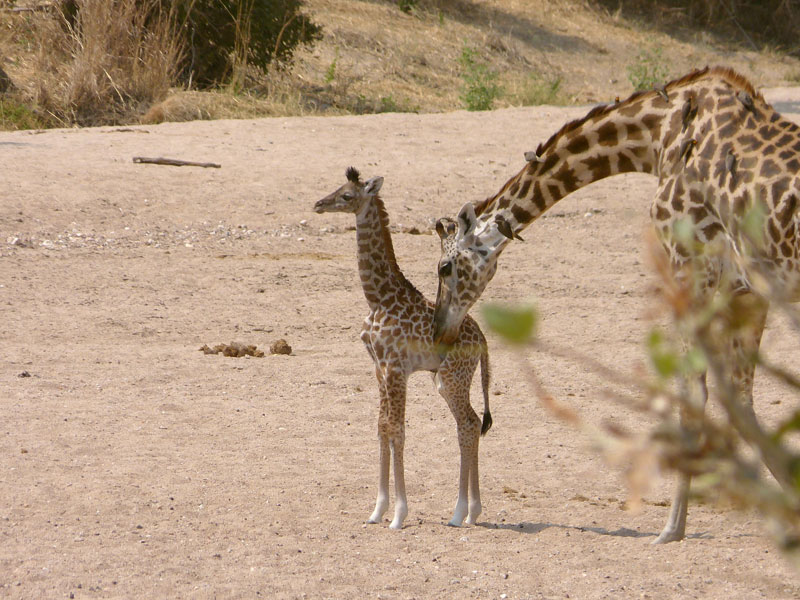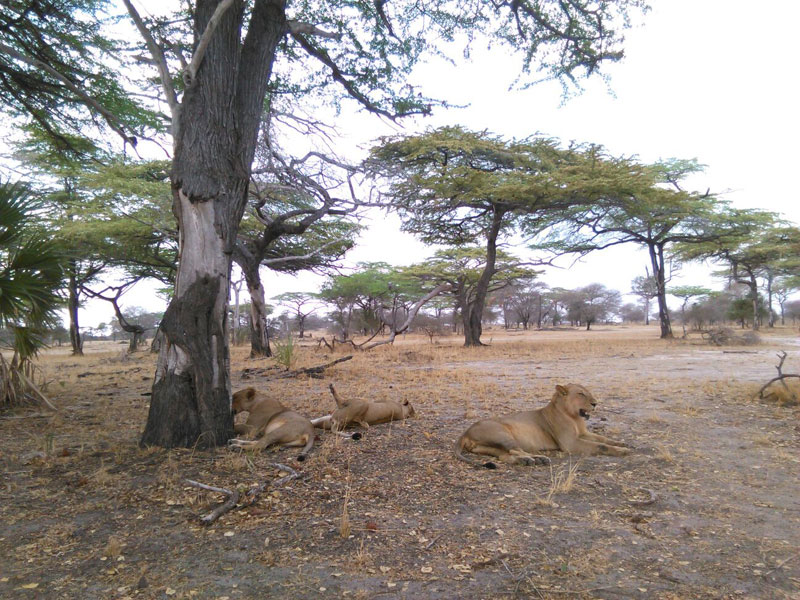Ruaha is the safari connoisseur's destination of choice, a vast and unexplored tract of wilderness that maintains a reputation for prolific and rare wildlife. Undeserved and unjust references to tsetse and impassable mud left this park tragically overlooked for many years, but as word creeps out of the sheer diversity of game that roams Ruaha, the park gains the notoriety that bolsters its reputation now.
Ruaha is a large park, far from most other destinations, and its size and wilderness requires a carefully-planned safari in order to do full justice to its excellence. Thankfully, most of the properties and camps located inside the park are professional in their operation and outlook, dedicated to the park in which they are based. Experienced guides are available to lead the client through this most uninhabited of parks, their knowledge and familiarity with every aspect of the park is unsurpassed.
Intimate knowledge is important if visitors are to take full advantage of what Ruaha has to offer. In addition to some vast herds of elephant and buffalo, all of the main mammal species abound here, with populations of large antelope unheard of anywhere else in East Africa. Both Greater and Lesser Kudu are present in significant numbers, as well as Roan and Sable Antelopes and Liechtenstein's Hartebeest, evidence of Ruaha's location at the convergence of Southern and Eastern mammal zones. Wherever there are large herbivores, large carnivores are present to keep the numbers in check, and Ruaha has them in droves. Lions, hyaena - spotted and striped - leopard and sizable packs of the rare African Hunting Dog are not unreasonable expectations on a game drive.
Ruaha is also a great birding park with over 500 species listed, including a few Tanzanian endemics, spread across the wide range of biospheres. Mountains and rivers, woodland and floodplains that make up this park's terrain. Whilst only slightly smaller than the Serengeti, Ruaha has a far more tangible wilderness feel and, in conjunction, with Selous or Katavi, offers a very genuine feeling of what safaris should be about.
Best time to visit:
Year-round but again, but wildlife viewing becomes easiest at the end of the dry season when the wildlife roams close to water sources.
Properties:
- Mwagusi Safari Camp
- Ruaha River Lodge
- Ruaha Hill Top
- Mdonya Camp
- Jongomero
- Tandala Tended Camp
- Kigelia Camp
- Kwihala Camp



